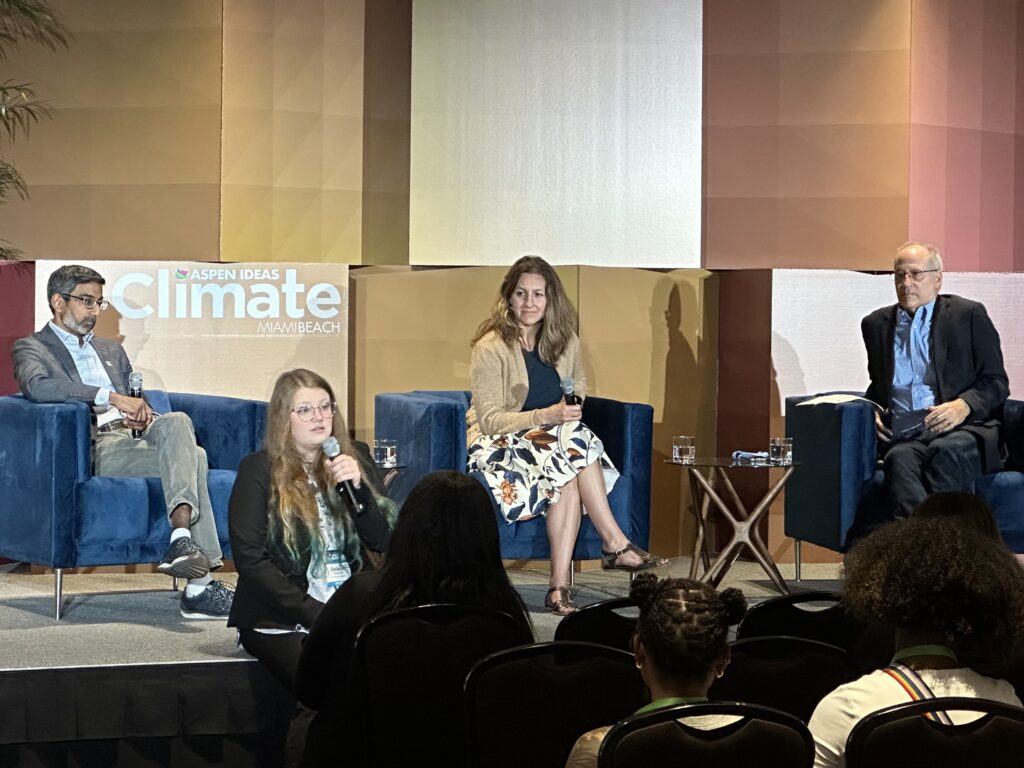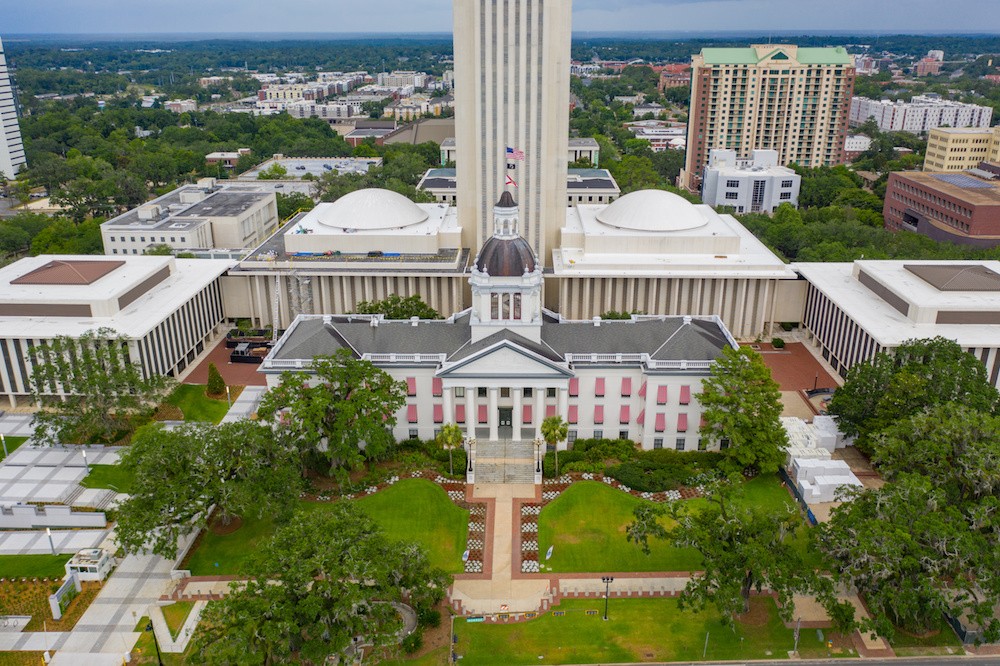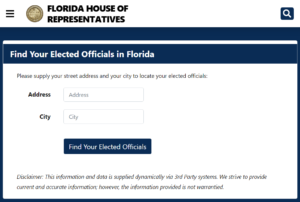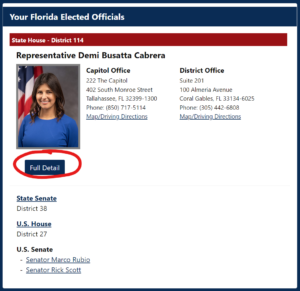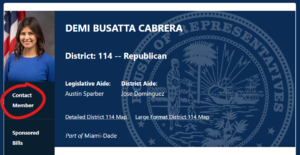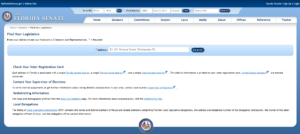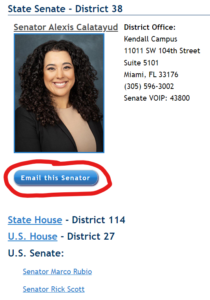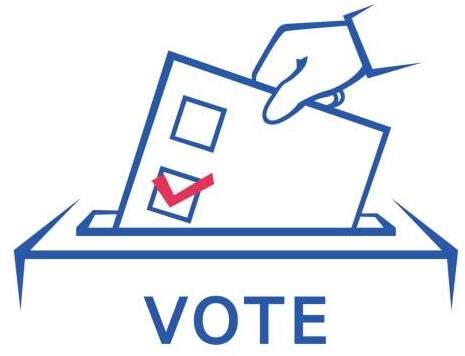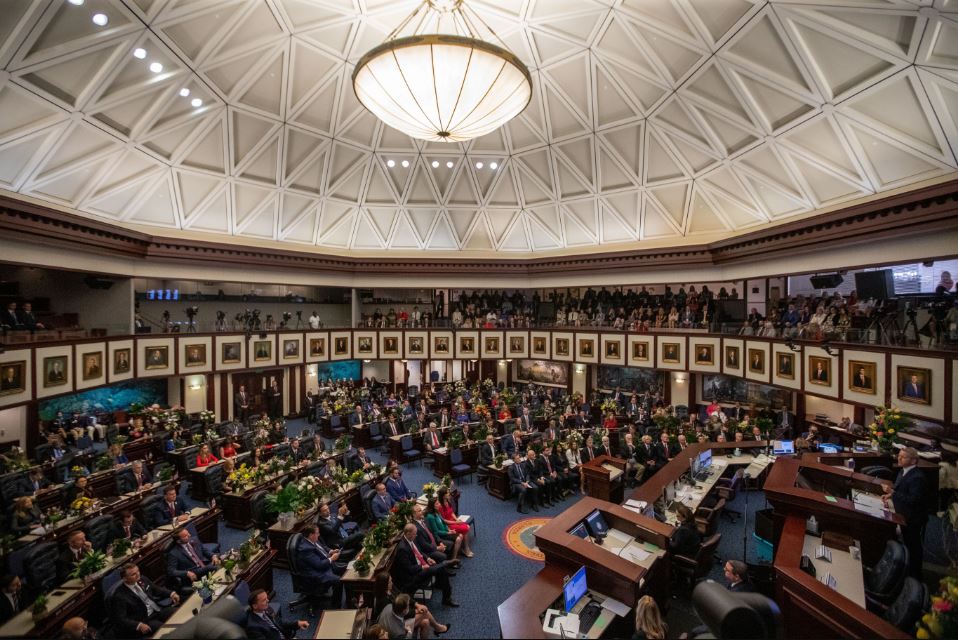Aspen 2024
We take the view that to mitigate the worst effects of climate change and adapt our society to these unsettling conditions, we need to develop and deploy climate solutions on a planetary scale, with speed and efficiency. Importantly, we need the public to embrace ideas.
Aspen Ideas: Climate
Since 1949 the Aspen Institute has gained a worldwide reputation as a nonpartisan organization designed to bring an eclectic mix of renowned global thought leaders, creatives, scholars, and others together to seek solutions to the world’s most complex problems. Based today in Washington D.C., the Aspen Institute is one of the world’s preeminent educational and policy study organizations whose goal is to nurture leadership and transformational progress in numerous critical areas impacting our society including environment, business, energy, judiciary, culture, global affairs, healthc and, of course, our climate.
In partnership with the City of Miami Beach, and as a result of the vision of former Miami Beach Mayor Dan Gelber, Aspen Ideas: Climate has taken place annually in South Florida since its creation in 2022. Today, Aspen Ideas: Climate is widely considered the premier gathering of multigenerational, multi-sector leaders from around the world to engage on climate solutions and I am deeply proud to be included in this year’s event by being selected to both participate in its Future Leader’s program and to also serve as a speaker during the Climate Litigation 101: The Courts as a Climate Solution panel discussion.
Aspen Institute’s Future Leaders Initiative
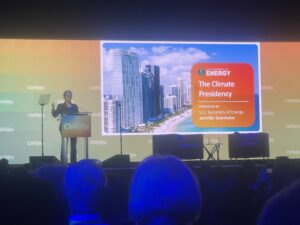 |
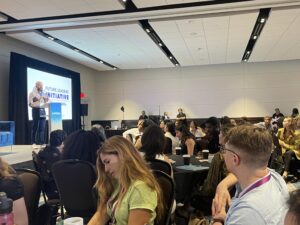 |
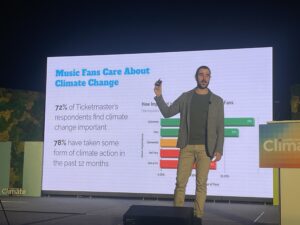 |
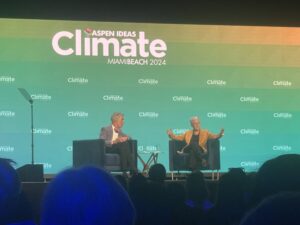 |
Thanks ever so much to Nikki DeVignes, Director of the Future Leaders Initiative at the Aspen Institute, and her team for selecting me to participate in The Future Leaders Climate Summit here on Miami Beach along with 29 other young people between 18 and 30 from all around the world that are on the front lines of our fight to solve our climate crisis. Over the three-day event that preceded the annual Aspen Institute: Climate gathering, my young new friends and I heard from renowned climate experts, discussed climate solutions, engaged with each other on the issues we face within our communities, developed leadership skills required to help us achieve a more sustainable future, and built networks with one another.
Climate Litigation 101: The Courts as a Climate Solution
Once the Future Leaders event concluded I was honored to be invited to attend the full Aspen Ideas: Climate symposium as well as speak during the actual event as part of the “Climate Litigation 101: The Courts as a Climate Solution” panel discussion. Constitutional climate litigation – like the case I filled in 2018, Reynolds v. Florida – here in Florida and many others all over the US and the world beyond continue to grow in both numbers and success. With this in mind the folks at the Aspen Institute had the vision this year to include what was a wonderful session focused on how young people are leveraging constitutional law to address youth generations’ concerns over our climate crisis intended to protect our constitutional rights and the environment.
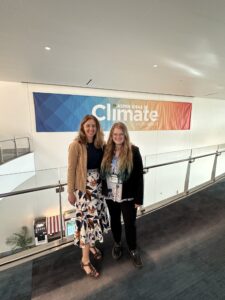 |
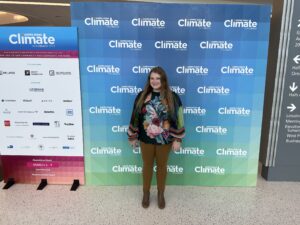 |
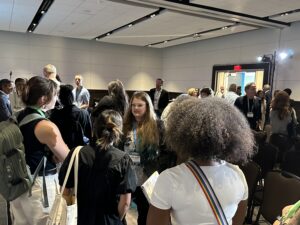 |
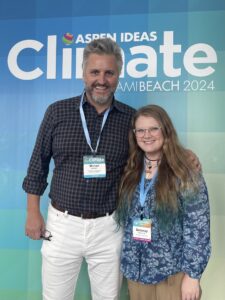 |
In addition to allowing me to discuss some of my past cases here in the state of Florida, as well as the more recent Petition I filled with the Department of Agriculture that led to 2023’s creation of the Florida’s landmark Renewable Energy Rule 5O-5, the panel talked about the incredible news from Montana last summer in which that state’s court ruled in the case Held v. Montana that the state’s government violated the constitutional rights of children through its historical laws and processes that promoted fossil fuels, overlooked climate change, and placed young citizens at risk. The Judge in that case determined that the laws in Montana that had promoted fossil fuels were unconstitutional.
I’ve posted the entire video on The Sink or Swim Project’s YouTube channel, as well as via the link here and within same you will find the discussion about some of my work on our climate crisis within the courts starting at the 20:46 minute mark.]
Thanks to Jacqueline Olivas-Sison and Katie Cassetta from Aspen Ideas for inviting me to speak, as well as to my dear friend, lawyer, and fellow panelist Andrea Rodgers, Senior Attorney from Our Children’s Trust for her always brilliant support; fellow panelist Sambhav Sankar, the SVP for Programs at Earthjustice; and moderator Dan Gelber, former Mayor at the City of Miami Beach and the major driving force behind having Aspen Ideas in South Florida. To learn more about the Aspen Institute or Aspen Ideas: Climate, click here or here.

